

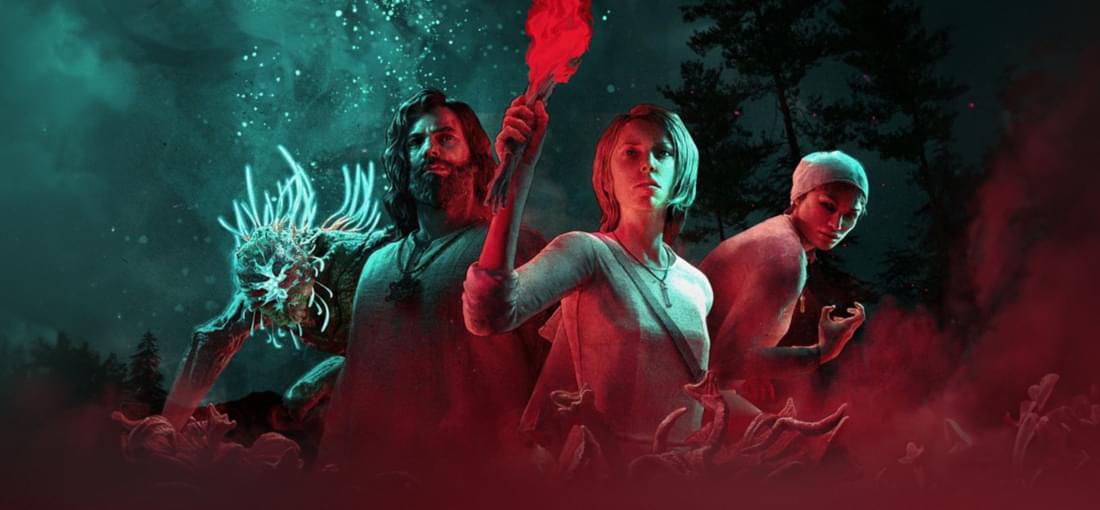
The gameplay was dodge combat which was sort of wedged into the setting without much context (there's a monster dimension that you can enter for some reason). Resources are slim which basically just means that you're better off running past enemies than using resources to fight them, even towards the end of the game. This leaves boss battles and a thin story. I'd play Hellblade 20 times before looking at this again.
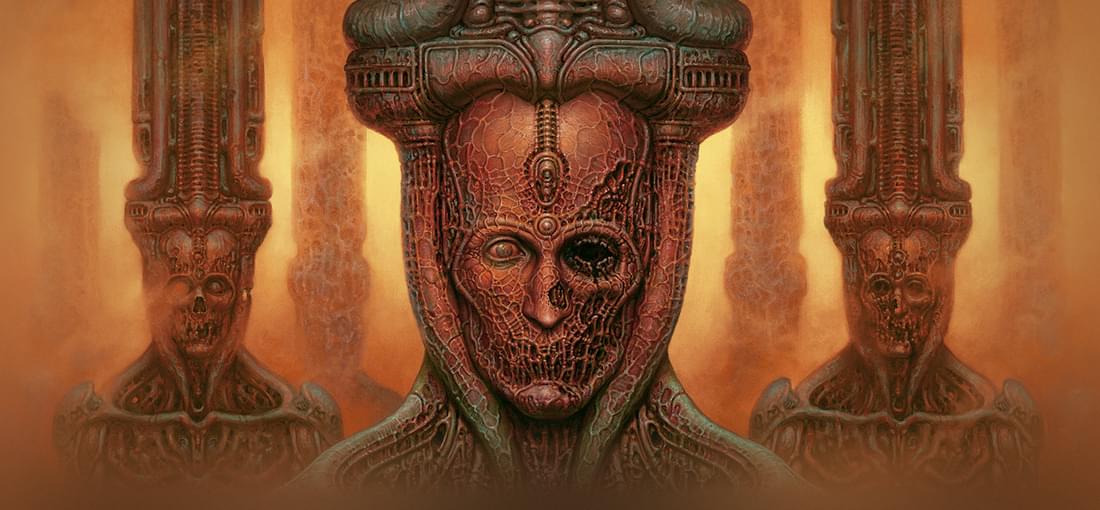
This is a finely sculpted horror-scape, and it really is sculpted, absolutely every surface and animation was done in the art style. The developers put an incredible amount of work into this, and they told a story with no speech or writing. All you have is interaction, which all involves you and everything around you causing suffering, sometimes to helpless victims. The bio-mechanical aspect of it was breathtaking, with references to Giger's erotic art incorporated into the last section, though there are hints of it in earlier visuals. The puzzles reminded me a bit of earlier Tomb Raider games, a sort of "how do I get this to there" scenario, and they gave a good framework to explore the environment and get in its mindset. The combat was done in a sort of Resident Evil style, where ammo and health are limited, so every enemy makes you contemplate whether you have enough time to place a hit that counts, and often you'll see something and run away, so the enemies are more there to create tension than a challenge to overcome - you never overcome in this game, only suffering wins. All of the game kind of feels like a sick joke played on you by environment, which is, after all, alive, by all appearances. I really love this game, I think to create this much of a horror-scape in any medium is an achievement, and I'm so glad this exists. I think it's a great contribution to horror as an art-form.
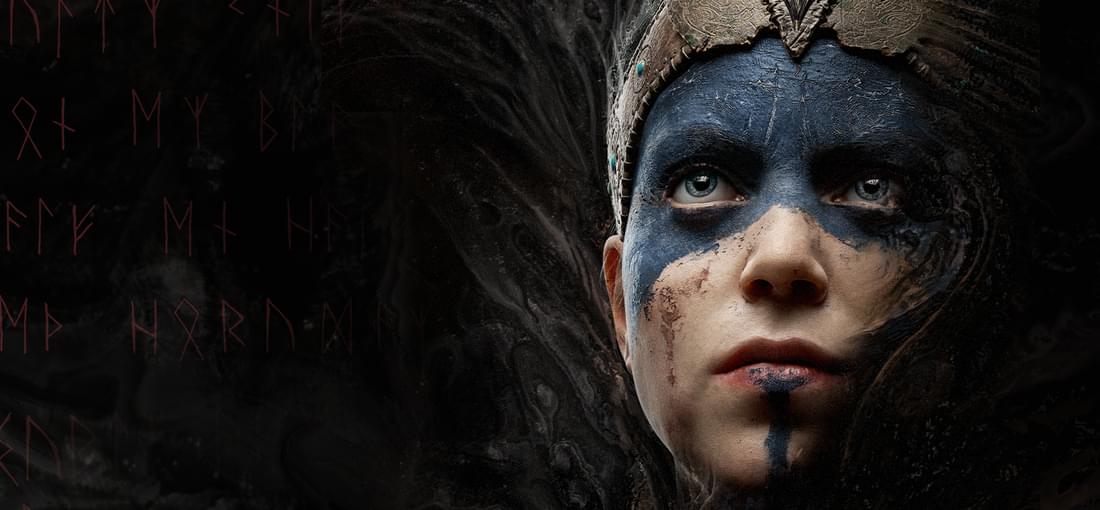
Best acting I've ever seen in a game (and the main character was played by their editor)! Really impactful, plenty of story, plenty to look at, and a bit of pacing between action and exploration. Great use of animation and facial expressions.
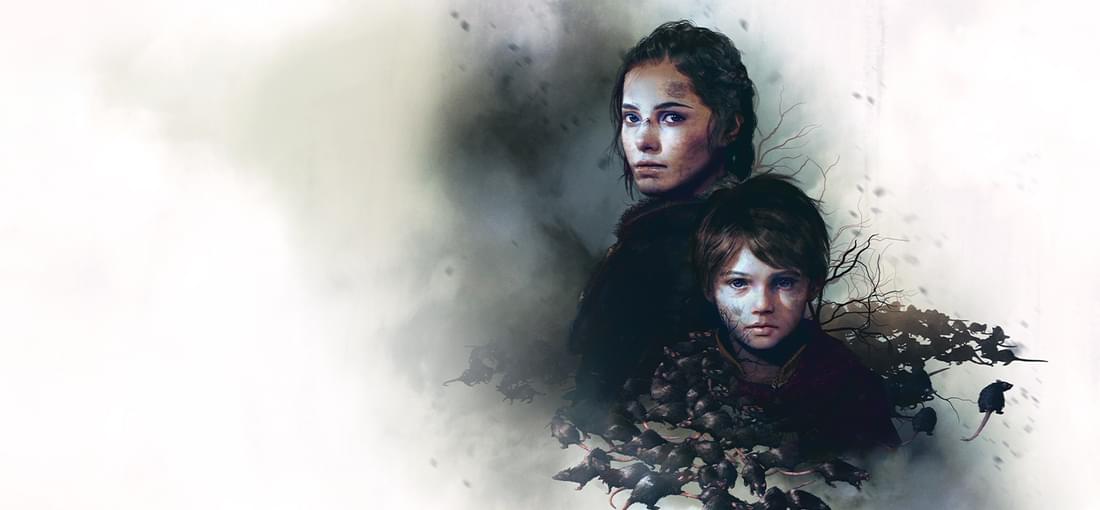
I enjoyed this a lot. It's a good story which is tense, but more like a European drama than a superhero movie. You play as a teenage girl with a sling, and sneak your way around guards and through dark caverns, so it's more of a human story than a Chuck Norris roleplay. Pretty much the whole game is on rails, you don't have many options, it's all auto-aim, and cut-scenes make up about half of quite a few sections, so the gameplay is just something to add a bit of involvement in the story really. The visuals are beautiful, some of the cinematography in the cut-scenes is incredible, and some of the areas you walk through as well. There is a lot of use of time-of-day specific lighting, shadows, and spectacular architecture. The game really focussed on delivering something to look at and a story to tell, and the gameplay never took over. The gameplay isn't bad, it's even satisfying sometimes, but it's toned down. It's good storytelling, and worth playing.
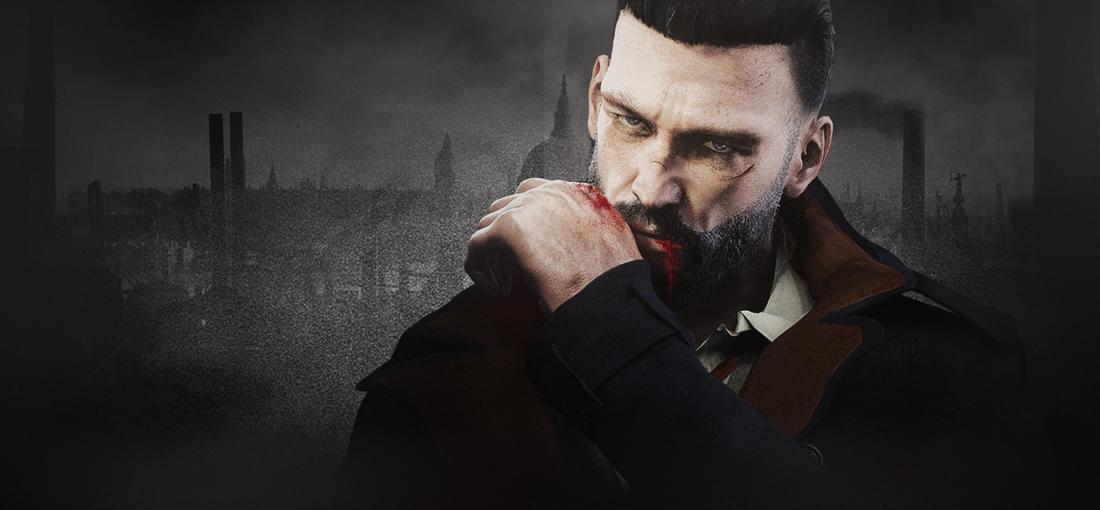
This might be an unfair comparison, because I played this right after Vampire the Masquerade Bloodlines, which is one of the best RPGs ever made, but I didn't find anything interesting about Vampyr. Vampyr isn't really an RPG in my opinion, the experience points are used in more of an upgrade system (like in Batman Arkham Asylum) than a levelling system (like in VtM Bloodlines or Baldur's Gate). You can't strategise or change your play style, by selecting your abilities. You are "punch, dodge, rinse, repeat" man, so get used to it. And you will beat up the same three guys in the same dark street for the whole game. There is no change of scenery, there aren't even different level enemies in different areas, it's just the same punch-up with the same guys at the end of each street. And you get negligible experience from it. What you do get experience from is finding out civilians' secrets. Tom caused an explosion years ago and feels guilty about it, Dick is in a gang but loves his son a lot, and Harry is secretly gay. And the game tells the stories about as interestingly as I just did. In VtM Bloodlines, Heather Poe and Paul's girlfriend were heartbreaking characters. In Vampyr, I couldn't even figure out why I cared about the main characters. The story doesn't seem to connect to the game play either. Nobody mentions the endless supplies of monsters 20 metres from them. I never quite knew why I was killing vampires and vampire hunters all day long, and then being praised in dialogue for not having killed anyone. Of course it's because I hadn't fed on any civilians, which is the easiest source of experience in the game, but affects the ending. But was I a force for good? There are zombie-like vampires killing everything in sight, so am I helping anyone other than myself by killing vampire hunters? Why do the civilised vampires attack me when I help them kill the hunters, but not each other? This is punch, dodge, rinse repeat, on the same enemies, in the same scene.
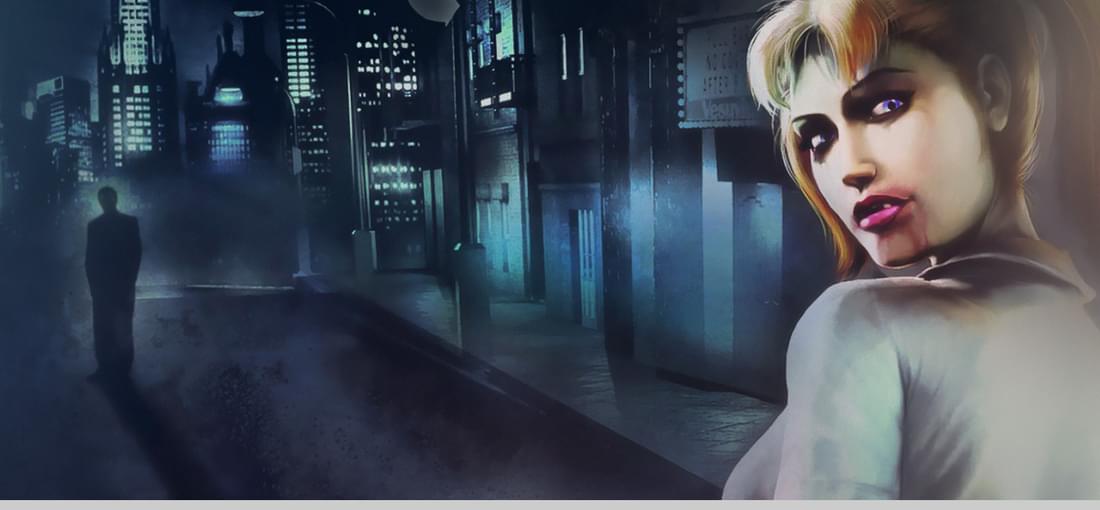
I've been hearing about this game since it was released, but only played it now in 2020, and quickly got hooked. It's the first RPG I've ever played where I didn't spend any experience points on combat for most of the game, I actually got engrossed in the impact I was having on the game world, and in uncovering the cities' stories. The act of uncovering the sources of everything that's happening, has so much weight that I was already invested in characters by the time I'd met them. The abuse and exploitation that underlies everything puts the moral dualism of your own character into a meaningful context. Right to the end, the story has a kind of mature stance in seeing downfalls and character flaws which transcend the tribalism of an us-and-them battle. Skulking and feeding are essential, killing and being seen can cause irreparable damage, so the act of feeding is both nourishing and nerve-wracking. The intimacy and danger of being a vampire are not only present, but one of the major mechanics of the game. The combat itself does succeed where some of the best regarded RPGs have failed, in giving some real choice in how you approach a battle. Firearms, melee/unarmed, sneaking and class-specific abilities are all real possibilities in how you approach the game. Vampire The Masquerade Bloodlines does have specific encounters that require one approach or another, but your character does not need to be suited to that moment to survive. There is a lot of consequence in how you spend your experience points, especially since there's no grinding, but you can choose you specialties with a meaningful outcome. This is one of the RPGs to play, if only for its sheer ability to tell a story.